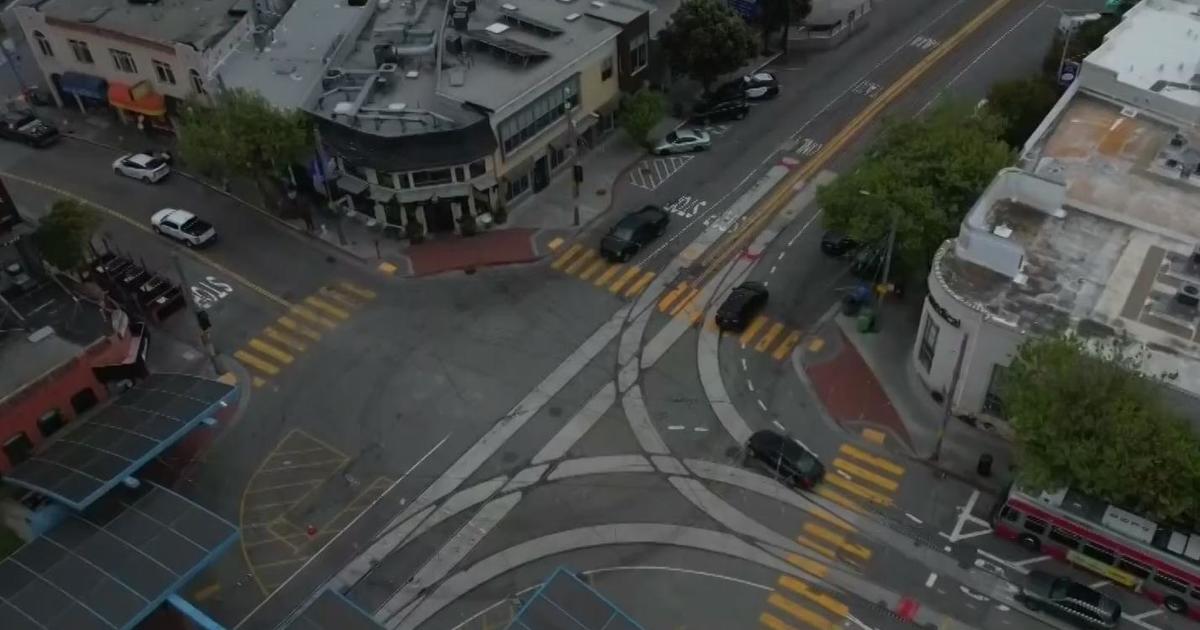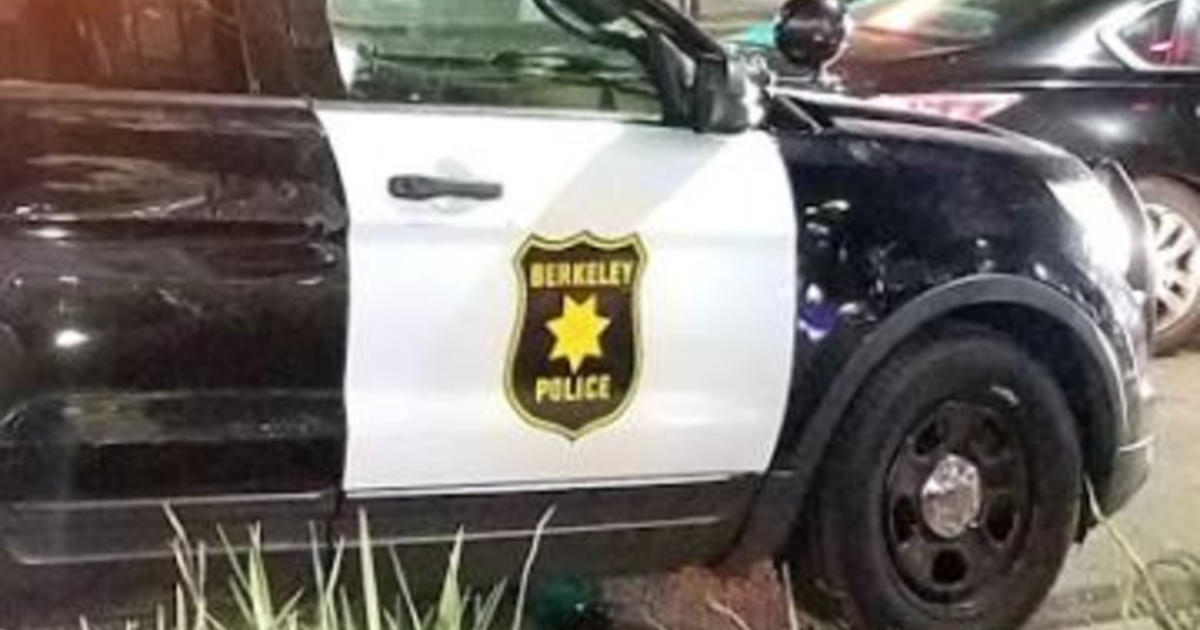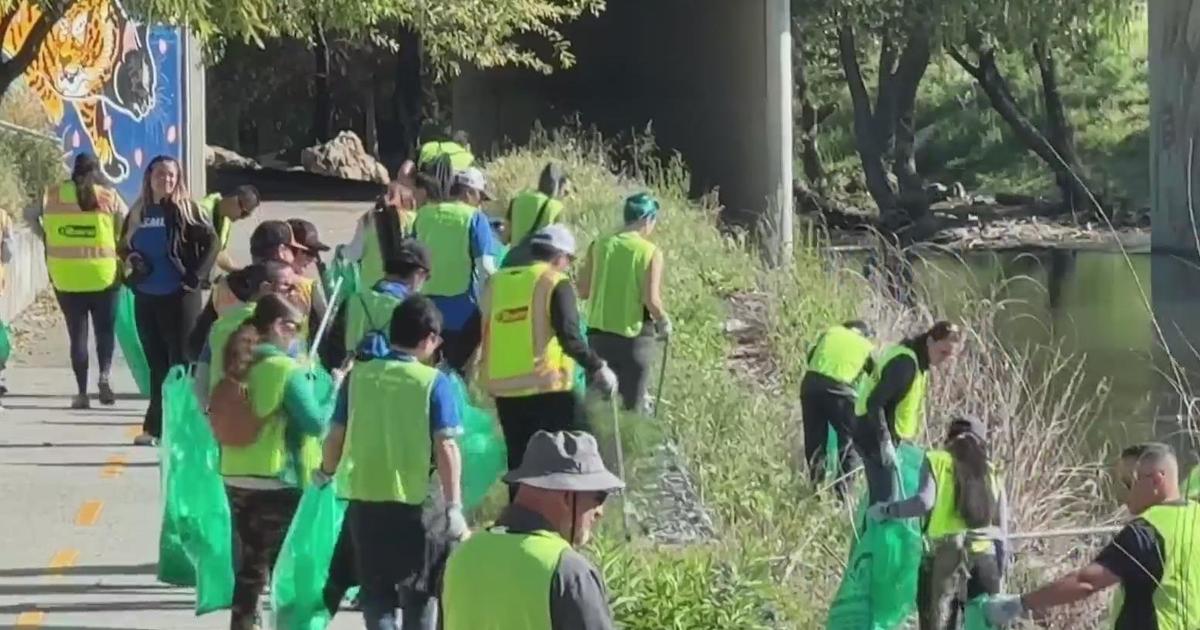Personal Information Collected By License Plate Readers May Be Available To Anyone Who Asks
SAN LEANDRO (CBS SF) -- If you drive a car through the Bay Area, chances are good that police have photos of your license plate, and data on where you've been, and that information may be available to anyone who asks for it.
When San Leandro resident Mike Katz-Lacabe learned his police department had gotten a license plate reader, he wanted to see what kinds of pictures it was taking. One photo in particular stood out.
"One of those images was of me and my daughters getting out of the car in the driveway of my house," Katz-Lacabe said.
The license plate readers, or LPRs, are all over the Bay Area, on police cars, and mounted on roadways.
The readers constantly collect information about drivers, and where they go.
"This is a specialized type of camera that is designed to do one thing, and one thing only, which is to capture at very high speed, license plate numbers as they pass a given patrol car," Katz-Lacabe said.
Police say they use the plate readers to catch criminals.
"If you have a sexual predator for instance, a sex offender, I frankly want to know if they come into my community," Tiburon Police Chief Michael Cronin said.
But, there is a darker side to the information collected by the cameras. In some cases, anyone who requests it can get the information collected by the readers.
Ars Technica Senior Business Editor Cyrus Farivar was able to get his hands on Oakland's data just by asking for it.
"It allows us to punch in certain license plate numbers, and it will drop pin drops across the city," Farivar said.
Those pins could give law enforcement or anyone with the information a snapshot into someone's life – where they work, live, or anything else.
KPIX put the data to the test, and with an employee's license plate number Farivar was able to pinpoint where the employee lived, based on a cluster of scans in one area.
In the wrong hands, Farivar says the information could "Allow them to determine associated relationships, or other types of behavior or patterns of behavior associated with locations."
There is no limit set on how long each agency can hold onto the data. Tiburon's police department deletes the data after 30 days. The DEA deletes the data after six months.
Oakland's police department doesn't delete the data at all.
The readers raise questions over personal privacy, and when it is reasonable to expect it.
"What this all comes down to legally speaking is this idea of reasonable expectation of privacy and public. I think none of us would expect to be private in that manner, we also don't expect to be routinely observed and captured by a piece of technology," Farivar said.
The ACLU is pushing the government to regulate the information collected, and give it an expiration date. Until guidelines are set, it is up to city attorneys and city councils to set the rules, and let neighbors know the cameras exist in the first place.
According to information obtained by the ACLU, only 14 percent of the 57 jurisdictions in California with LPRs had them put in place after a public discussion.



